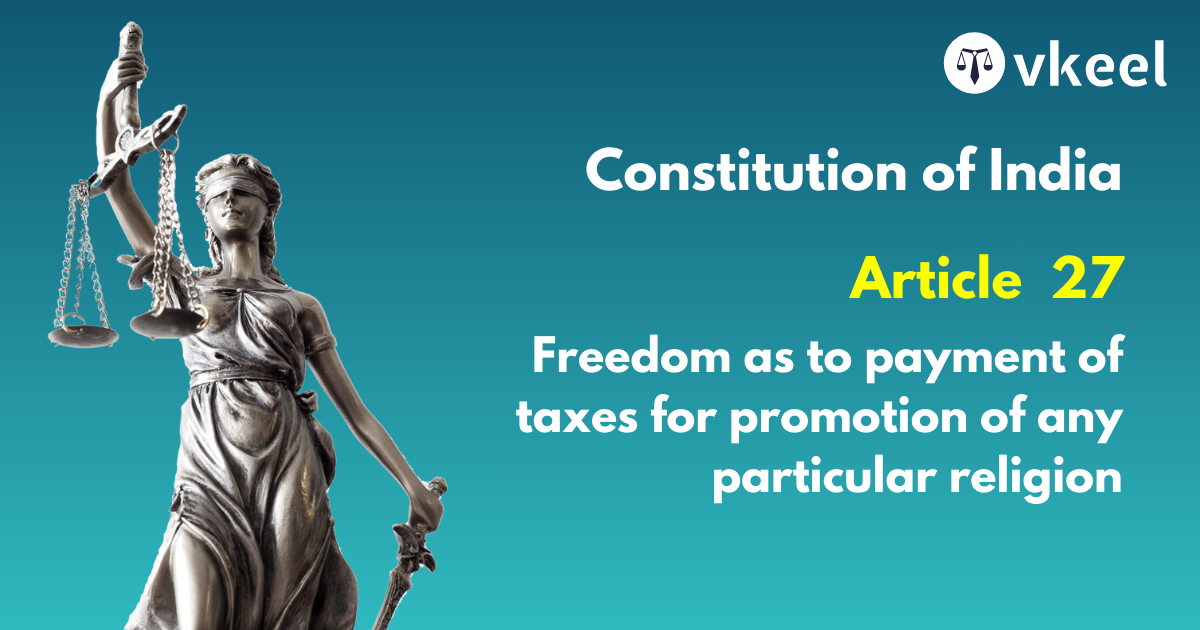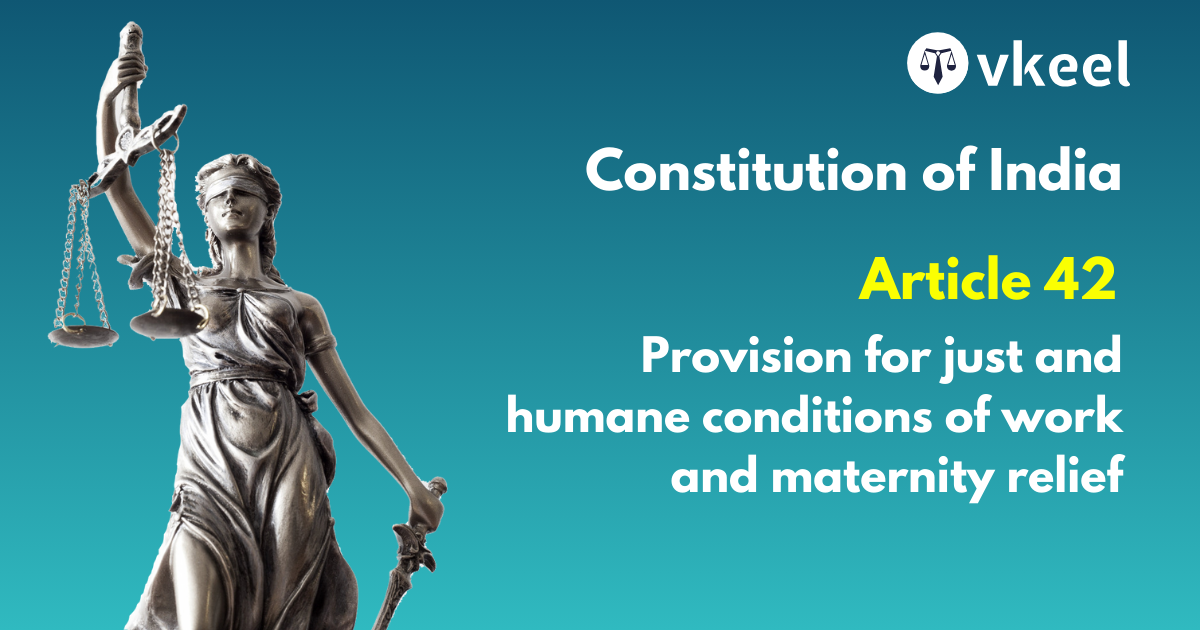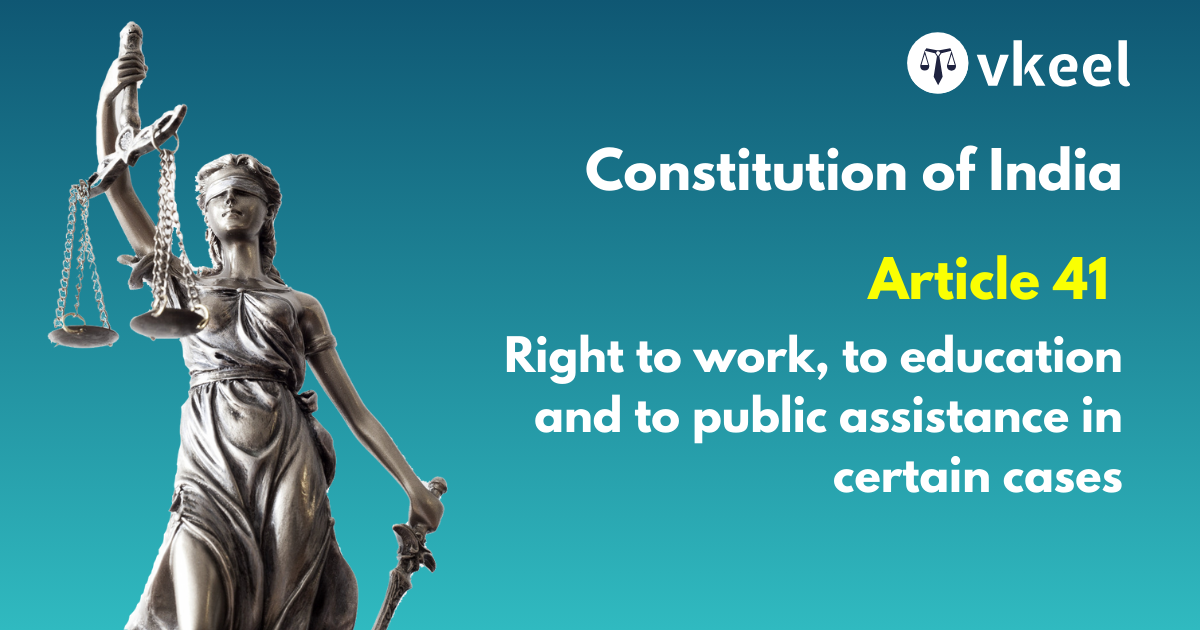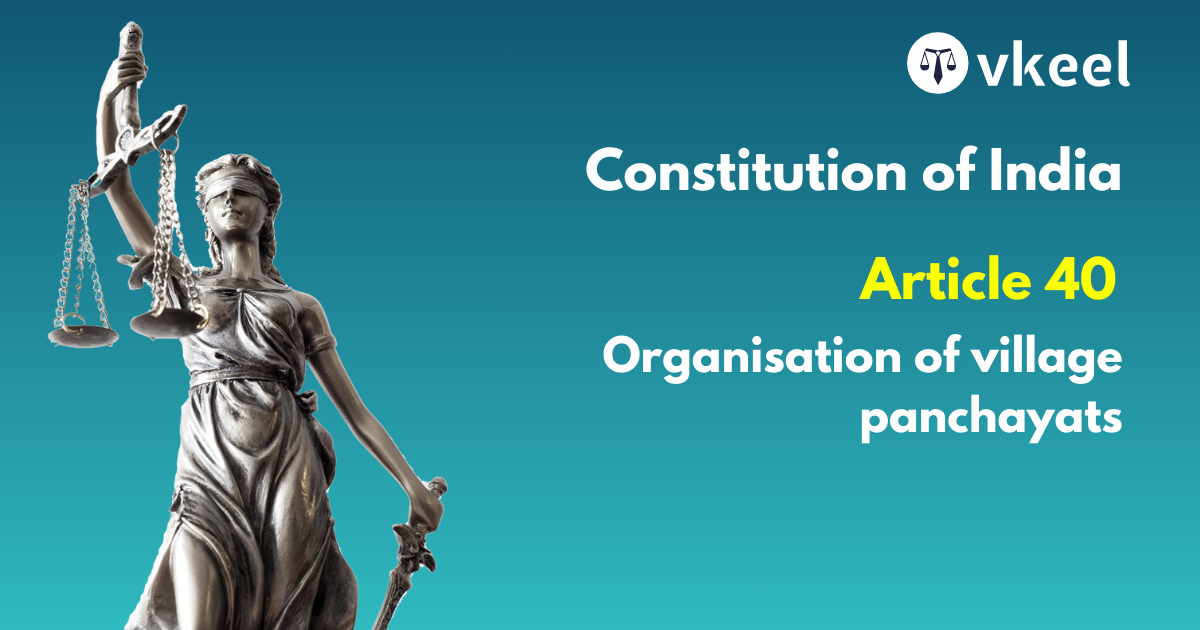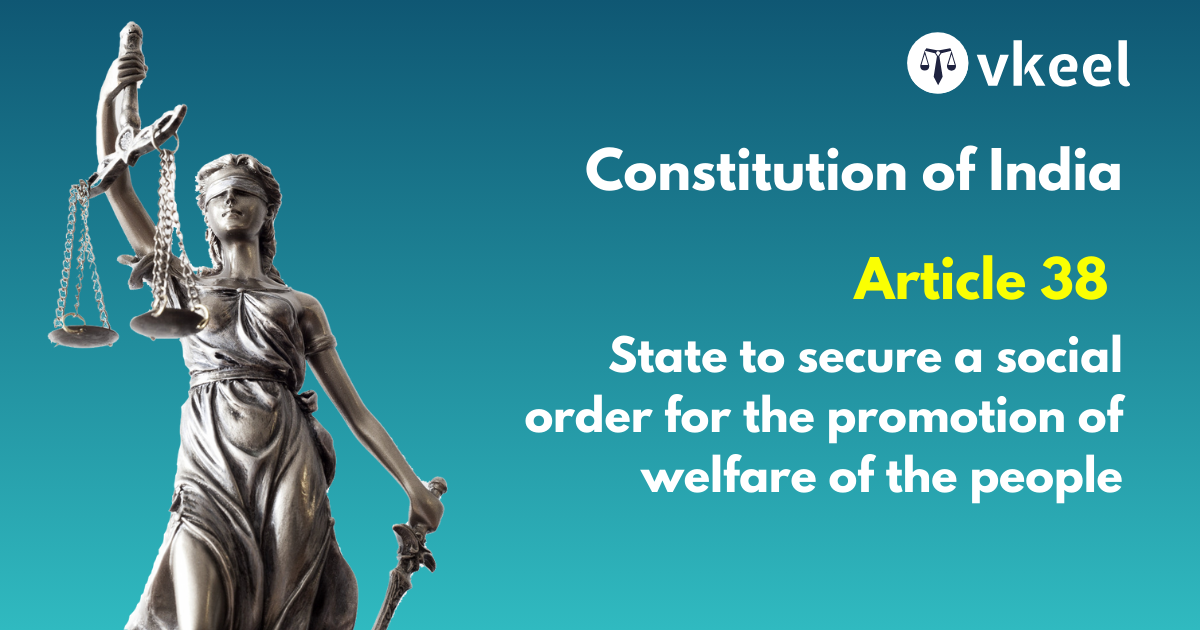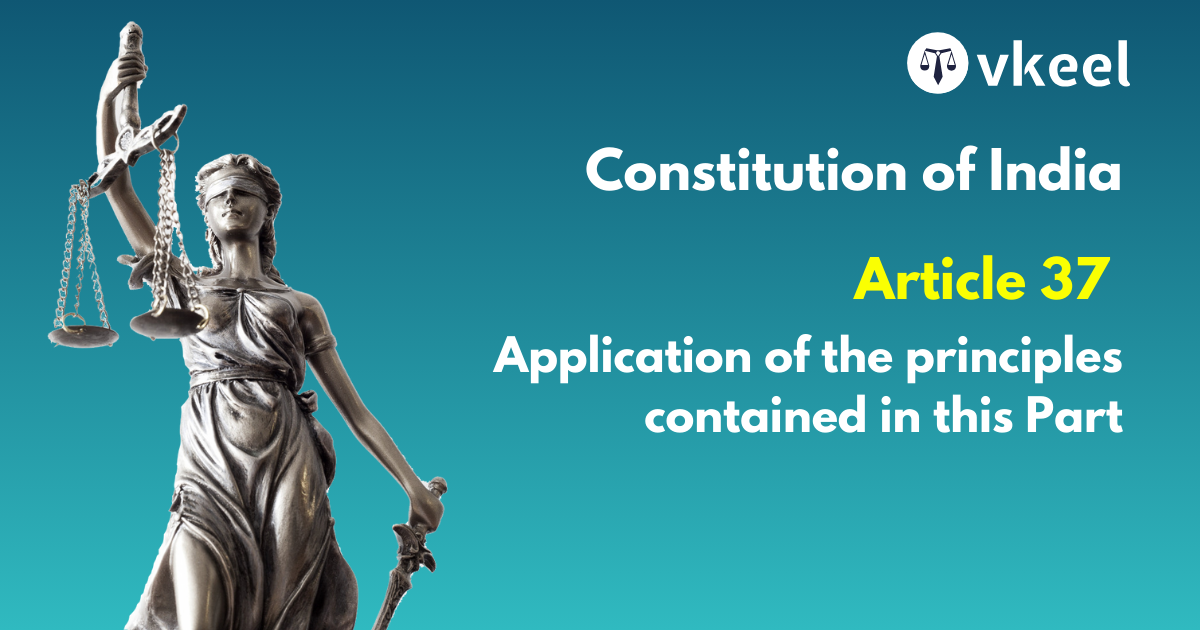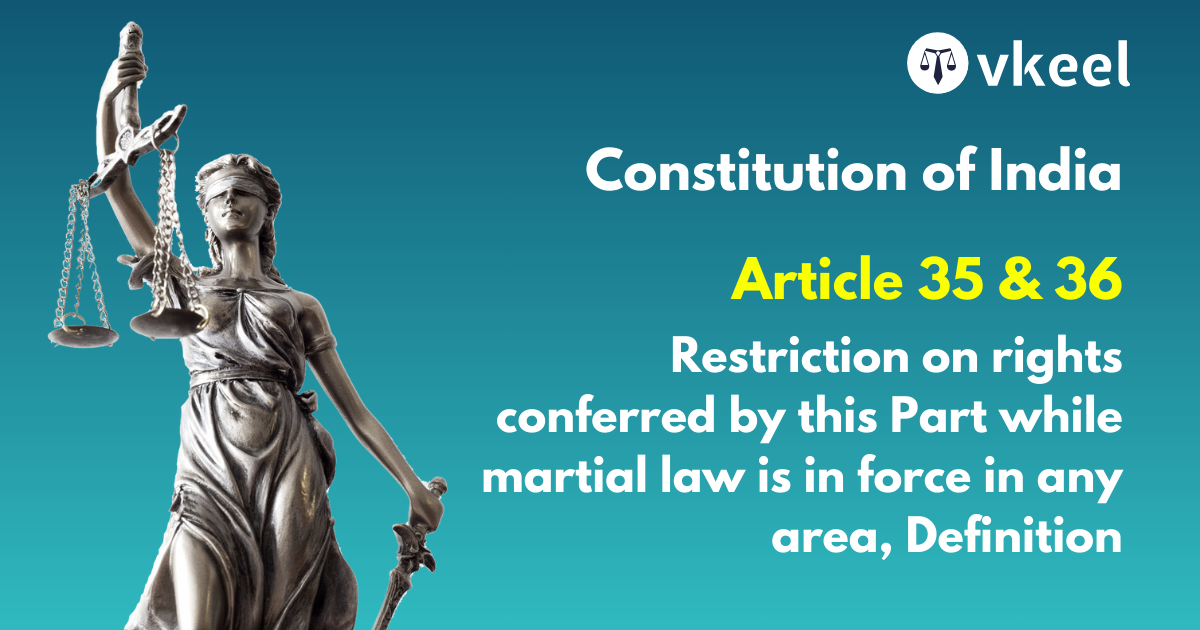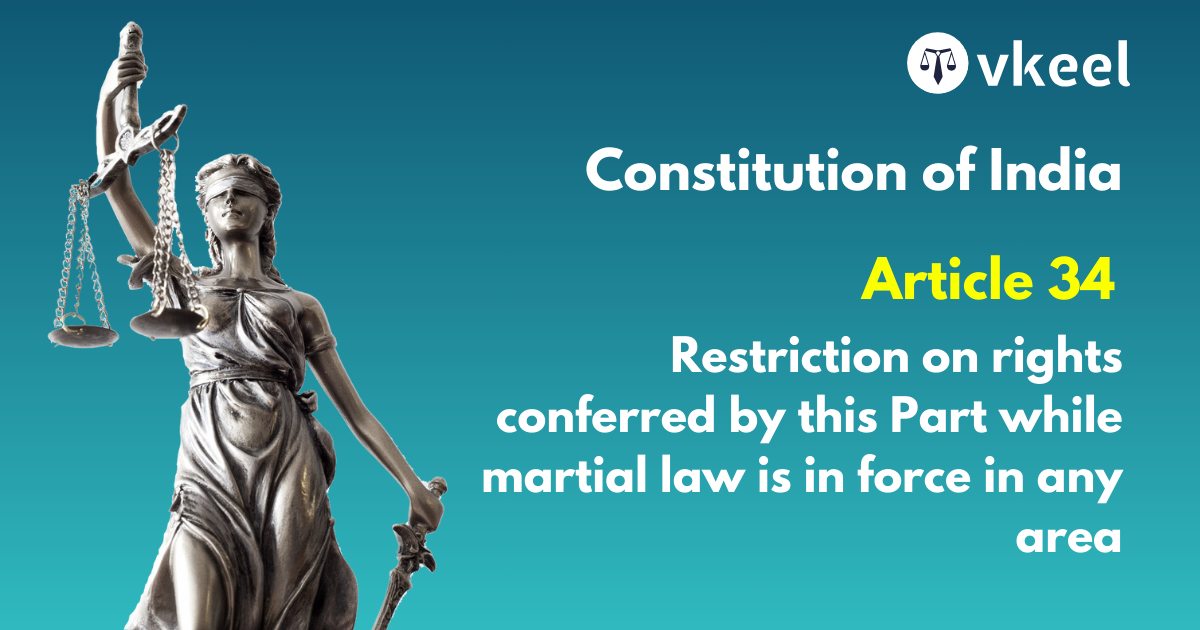Article 27 of the Constitution of India
By Joy Puri
Introduction to Article 27 of Constitution of India
The aforementioned provision of the Constitution of India entails about the liability about the taxes and its scope.
It thereby provides that no citizen of India can be subject to necessarily oblige towards any tax related to promotion or maintenance of any particular religion.
Article 27 of the Indian Constitution
Freedom as to payment of taxes for promotion of any particular religion:
No person shall be compelled to pay any taxes, the proceeds of which are specifically appropriated in payment of expenses for the promotion or maintenance of any particular religion or religious denomination.
Interpretation of the Judiciary on Article 27 of the Constitution of India
Dr M. Ismaili Faruqui Vs Union of India, 1995
The “hands-off” approach required of the State in matters of religion is illustrated by article 27, by reason whereof no person can be compelled to pay any taxes the proceeds of which are specifically appropriated in payment of expenses for the promotion or maintenance of any particular religion. Article 27 reinforces the secular character of Indian democracy enjoining the State from compelling any person or making him liable to pay any tax, the proceeds of which are specifically prohibited to be appropriated from the consolidated fund for the promotion or maintaining or any particular religion or religious denomination. Taxes going into consolidated funds should be used generally for the purpose of ensuring the secular purposes of which only some are mentioned in articles 25 and 26 like regulating social welfare etc. This is an important article which prohibits the exercise of State’s taxation power if the proceeds thereof are intended to be appropriated in payment of expenses for the promotion and maintenance of any particular religion or religious denomination. That means that State’s revenue cannot be utilised for the promotion and maintenance of any religion or religious group. Article 27 enables persons to resist payment of any taxes the proceeds of which are specifically appropriated in payment of expenses for the promotion or maintenance of any particular religion or religious denomination. Article 27 speaks of freedom as to liability for taxes levied for promotion of any particular religion.
Jaggannath Ramanuj Das Vs State of Orissa, 1954
If it is the secular administration of the religious institutions that the legislature seeks to control and the object is to ensure that the endowments attached to the religious institutions are properly administered and their income is duly appropriated for purposes for which they were founded or exist, then there is no question of favouring any particular religion or religious denomination. Hence article 27 could not possibly apply.
T.M.A Pai Foundation Vs State of Karnataka, 2003
provides that no person shall be compelled to pay any taxes, the proceeds of which are specifically appropriated for the payment of expenses for the promotion and maintenance of any particular religion or religions denomination. The manner in which the article has been framed does not prohibit the State from enacting a law to incur expenses for the promotion or maintenance of any particular religion or religious denomination, but specifies that by that law, no person can be compelled to pay any tax, the proceeds of which are to be so utilized for the promotion or maintenance of any particular religion or religious denomination. The ostensible separation of religion and the State in the field of the States revenue provided by article 27 does not, however, in terms prevent the State from making payment out of the proceeds of taxes generally collected towards the promotion or maintenance of any particular religion or religious denomination.
K. Reghunath Vs State of Kerala, 1974
Where houses, schools and places of worship belonging to both religious groups, Hindus and Muslims, were damaged, then in restoring them to their original condition, there is no question of promotion or maintenance of any particular religion or religious denomination, buildings of both sections are repaired and restored. It is not because the buildings belonged to a particular religious denomination that they are restored, but because they were damaged in the incidents. Even otherwise if places of worship belonging to one religious denomination alone were damaged and they alone are to be reconstructed, even then, there is no question of promotion or maintenance of that particular religion or religious denomination. If a mad and fanatic mob attacked only the places of worship of a particular religious denomination, then the restoration or reconstruction has necessarily to be of the places of worship of that particular religious denomination: still, there is no question of promotion or maintenance of that particular religion or religious denomination. In such situations the government may agree to meet the cost of restoration.
Conclusion
The aforesaid provision thereby promotes fraternity in the society and thereafter prevents the misuse of power on the part of the majority over the minority in the country. The promotion thereby proves to be based on the principles of justice and fairness.
Disclaimer:
The information provided in the article is for general informational purposes only, and is not intended to constitute legal advice or to be relied upon as a substitute for legal advice. Furthermore, any information contained in the article is not guaranteed to be current, complete or accurate. If you require legal advice or representation, you should contact an attorney or law firm directly. We are not responsible for any damages resulting from any reliance on the content of this website.

